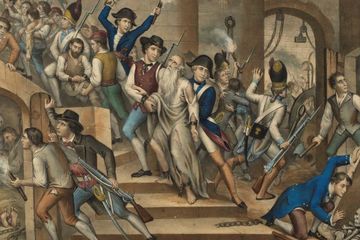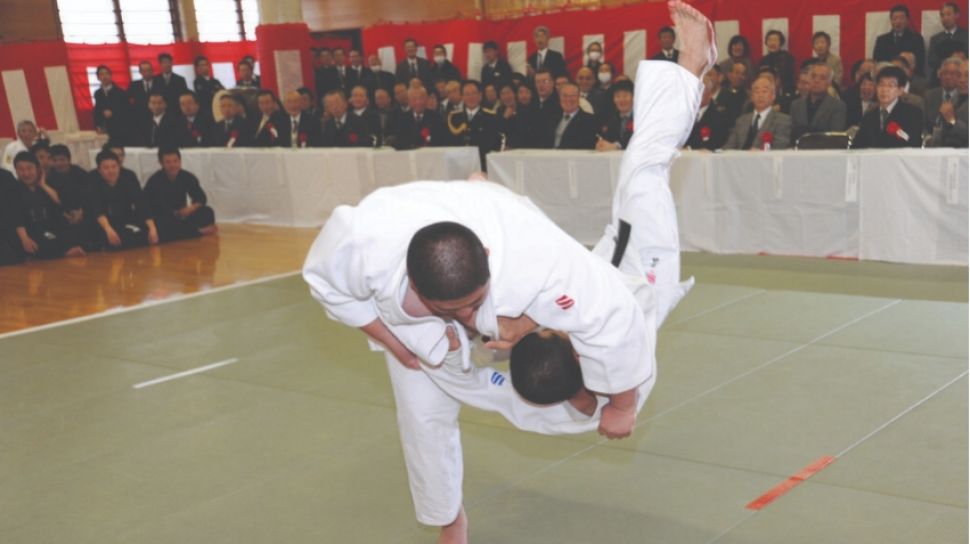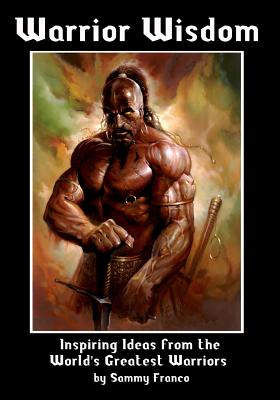
Underworld Utopia: Mencari Kedamaian di Dunia yang Gelap
Di bawah naungan bayang-bayang, jauh dari hiruk pikuk dunia di atas, tersembunyi sebuah utopia bawah tanah yang bernama Underworld. Bagi banyak orang yang terpinggirkan dan tersesat, tempat ini menjadi suar harapan di tengah kegelapan.
Underworld adalah sebuah kota bawah tanah yang rumit, saling terhubung oleh jaringan terowongan dan gua-gua yang luas. Penduduk yang menghuni tempat ini berasal dari berbagai latar belakang, bersatu oleh kesamaan pengalaman kesepian, pengkhianatan, dan penolakan.
Di Underworld, segala perbedaan dilupakan. Tidak ada diskriminasi berdasarkan ras, gender, atau orientasi seksual. Satu-satunya aturan yang dianut adalah saling menghormati dan menjalani hidup dengan damai.
Atmosfer di Underworld sangat berbeda dari permukaan. Kegelapan yang menyelimuti tempat ini tidak menakutkan, melainkan menenangkan. Udara yang dingin dan lembap membawa serta aroma tanah yang basah dan lumut yang rimbun. Cahaya yang redup berasal dari kunang-kunang dan kristal yang berpendar.
Penduduk Underworld telah menciptakan masyarakat yang sangat unik dan terstruktur. Mereka semua berkontribusi pada kesejahteraan bersama. Beberapa bekerja di pertanian bawah tanah, menanam jamur dan tanaman yang bercahaya. Yang lain mengolah logam dan batu untuk membuat alat dan perhiasan. Ada juga yang menyediakan layanan penyembuhan dan pendidikan.
Underworld bukan tanpa tantangannya. Terkadang, permukaan dunia luar merembes masuk, membawa serta kehancuran dan kegelapan. Tapi penduduk Underworld tangguh dan tidak mudah menyerah. Mereka bekerja sama untuk mengatasi kesulitan dan melindungi utopia mereka.
Salah satu aspek paling luar biasa dari Underworld adalah sikap optimisme dan pencarian damai yang tak kenal lelah. Penduduk percaya bahwa meskipun dunia di atas mungkin dipenuhi penderitaan dan konflik, mereka dapat menemukan kedamaian dan kebahagiaan di tempat perlindungan bawah tanah mereka.
Banyak orang yang memasuki Underworld tersiksa oleh luka masa lalu. Tapi di sini, mereka menemukan penerimaan, pengampunan, dan kesempatan untuk memulai kembali. Ritual dan upacara teratur dilakukan untuk membantu penduduk melepaskan beban mereka dan terhubung satu sama lain.
Underworld bukanlah tempat pelarian yang pasif. Sebaliknya, ini adalah tempat pemberdayaan dan perubahan. Penduduk didorong untuk menghadapi ketakutan mereka dan tumbuh melampaui keterbatasan mereka. Mereka diajarkan untuk berinteraksi dengan dunia luar dengan kasih sayang dan pengertian.
Seiring berjalannya waktu, Underworld menjadi simbol harapan bagi mereka yang terbuang. Kisahnya menginspirasi banyak orang untuk mencari kedamaian dan penerimaan di dalam diri mereka sendiri dan orang lain. Ini adalah pengingat bahwa bahkan di tempat yang paling gelap sekalipun, api harapan bisa tetap hidup.
Meskipun Utopia Underworld belum sepenuhnya direalisasikan, ini adalah karya yang terus berlangsung, sebuah eksperimen dalam membangun masyarakat yang adil dan damai di tengah kegelapan. Perjuangan dan harapan penduduknya menjadi pengingat bahwa pencarian kedamaian adalah pertempuran yang mulia, dan bahwa menciptakan dunia yang lebih baik adalah tujuan yang layak diperjuangkan.






